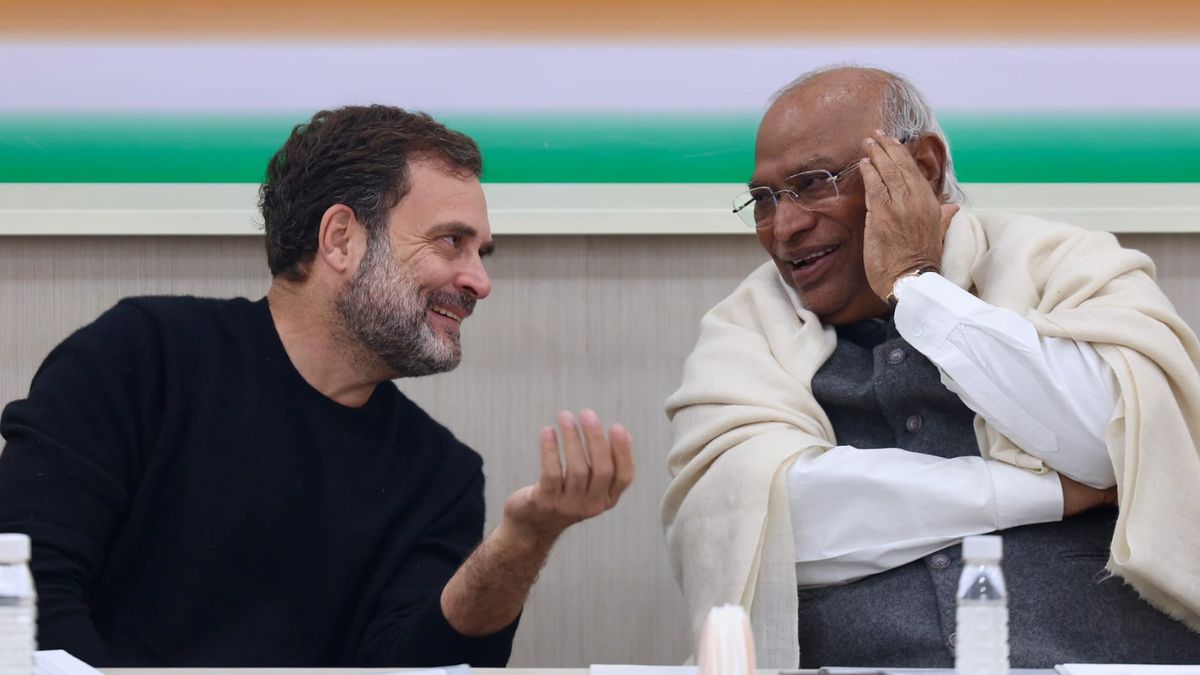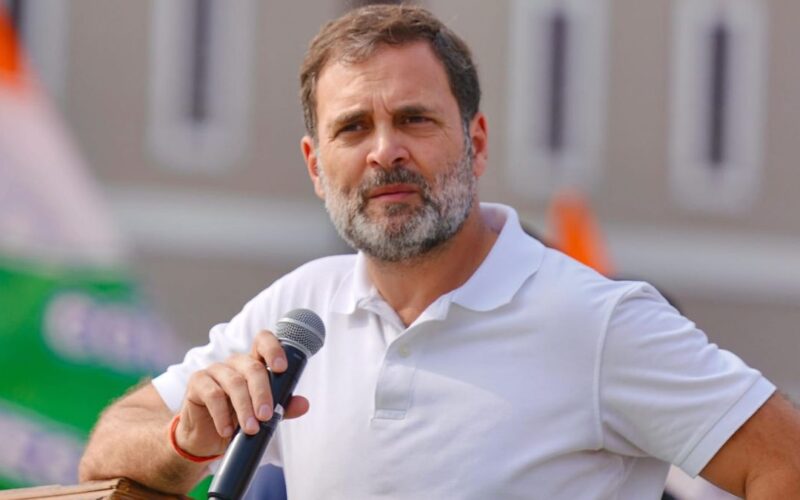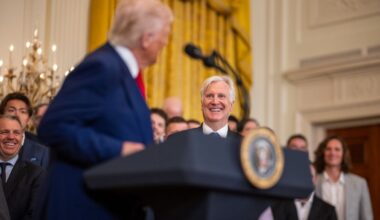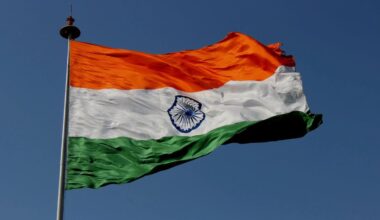Rahul Gandhi, scion of the Nehru-Gandhi family and a prominent figure in Indian politics, has faced a series of setbacks in his political career. Despite being part of the country’s prominent political dynasty, he has struggled to establish a robust and consistent presence. This article delves into the reasons behind Rahul Gandhi’s repeated failures in Indian politics.
Leadership Vacuum
One of the persistent challenges Rahul Gandhi faces is the perception of a leadership vacuum within the Congress Party. While he has held key positions, including that of the party president, critics argue that his leadership lacks the assertiveness and decisiveness required to lead a diverse and complex political entity.
Strategic Communication
Effective communication is a cornerstone of successful political leadership. Rahul Gandhi has often been criticized for his communication strategies, which are perceived as inconsistent and lacking clarity. Building a strong narrative and conveying a compelling vision to the electorate are essential aspects of political leadership that Gandhi has struggled to consistently achieve.
Connect with the Masses
Political leaders need to establish a genuine and relatable connection with the masses. Rahul Gandhi has faced challenges in resonating with a broad spectrum of voters, especially in comparison to some of his political counterparts. Building a more authentic connection with diverse demographics remains a crucial aspect for him to address.

Internal Party Dynamics
Internal party dynamics within the Congress Party have often been tumultuous. Rahul Gandhi’s leadership has faced internal dissent and power struggles, hindering the party’s ability to present a united front. Internal cohesion is vital for any political party’s success, and addressing these internal challenges is crucial for Rahul Gandhi’s political trajectory.
Adaptability and Strategy
Political landscapes are dynamic, requiring leaders to be adaptable and strategic. Rahul Gandhi has faced criticism for not adapting swiftly to changing political scenarios and for the perceived lack of a robust long-term strategy. A more proactive and agile approach may be necessary to navigate the complexities of Indian politics successfully.
Image Management
Perception plays a significant role in politics. Rahul Gandhi has encountered challenges in managing his public image, facing criticism from political opponents and media. Effectively countering negative narratives and projecting a more decisive and capable image is crucial for altering public perception.
Policy Articulation
Political leaders are expected to articulate clear policies and visions for the future. Rahul Gandhi’s policy articulation has at times been perceived as ambiguous, lacking the specificity required to instill confidence among voters. Clearly outlining policy frameworks and agendas is essential for building trust with the electorate.

Electoral Setbacks
Repeated electoral setbacks have been a defining feature of Rahul Gandhi’s political journey. The Congress Party has faced challenges in winning significant electoral mandates under his leadership. Analyzing and learning from these setbacks is imperative for strategizing a more effective political campaign.
Dynastic Politics Critique
Critics often point to the perception of dynastic politics surrounding Rahul Gandhi as a factor contributing to his challenges. Overcoming this critique requires a concerted effort to demonstrate leadership capabilities independent of familial ties and to build a broader appeal based on merit and performance.
Youth Empowerment and Inclusivity
Rahul Gandhi has advocated for youth empowerment and inclusivity in politics. However, effectively translating these principles into actionable strategies remains a challenge. Concrete initiatives that empower and engage the youth, along with fostering inclusivity, are essential for building a more dynamic political presence.
Navigating Political Realities
Rahul Gandhi’s journey in Indian politics has been marked by a series of challenges and setbacks. Addressing these challenges requires a multi-faceted approach, encompassing effective communication, strategic adaptability, internal party cohesion, and a nuanced understanding of electoral dynamics. As he navigates the complexities of Indian politics, Rahul Gandhi must recalibrate his political strategies to build a more impactful and enduring political legacy.










